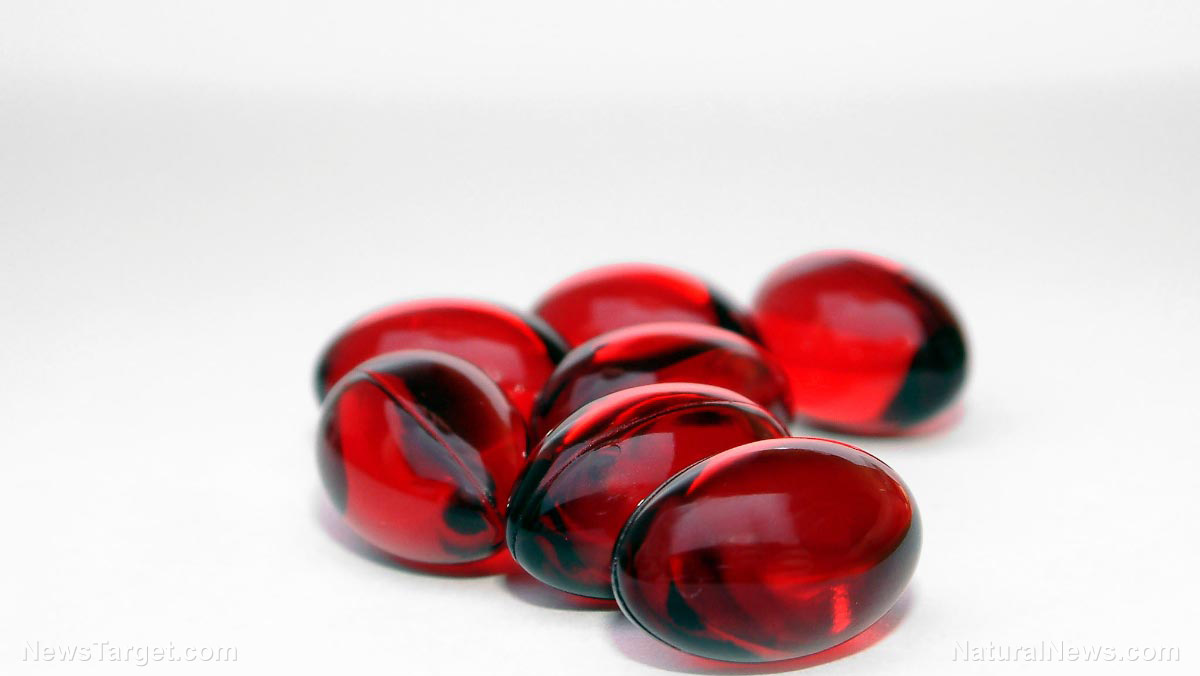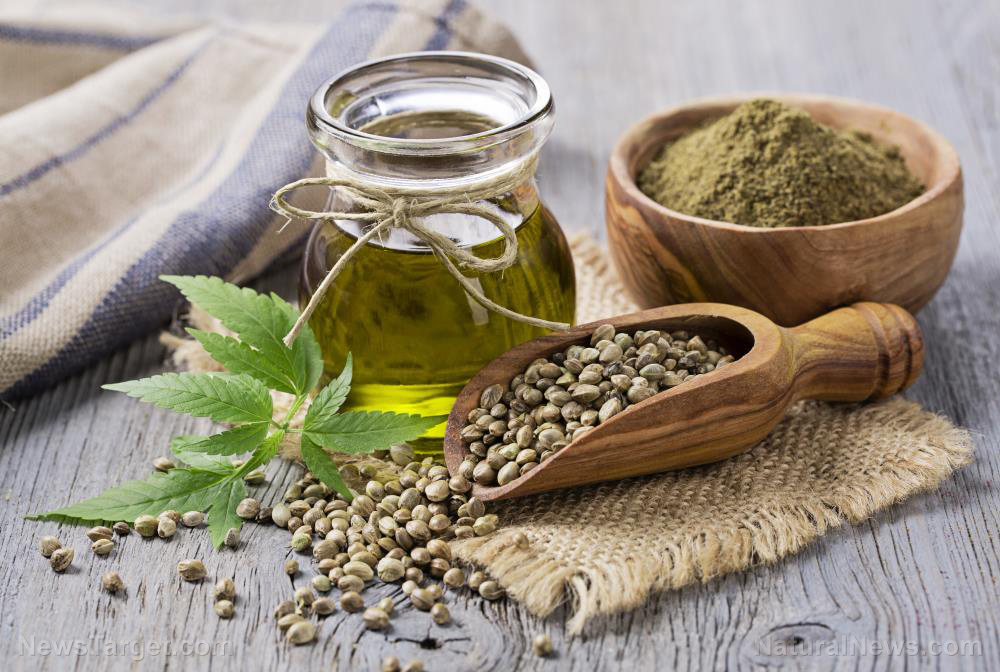A date with dates: Here are 7 reasons to include dates in your diet
09/15/2020 / By Divina Ramirez

Dark, delectable dates are a staple food for people in Middle Eastern countries. The date fruit itself has been around for millennia, and ancient people had consumed these fruits as both food and natural medicine.
Dates contain quite a lot of sugar for a fruit, earning them a bad rap in some circles. Despite that, these dried fruits are thought to confer a long list of health benefits because of their incredible nutrition profile.
Modern medicinal research has since confirmed most, if not all, of these reported benefits. Nonetheless, these delectable treats are still best consumed in moderation and as part of a balanced diet.
The many health benefits of dates
Thanks to their fiber, antioxidants and numerous essential micronutrients, dates boast a number of health benefits to their name. These include:
Support heart health
Just a 100 g serving of dates provides 696 mg of potassium, an essential mineral for heart health. In particular, potassium helps regulate heartbeat, and it also protects against high blood pressure due to excess sodium intake.
Potassium also helps to ease tension along the blood vessels, thus further promoting better blood circulation. For this reason, experts often recommend including potassium-rich foods in diets designed to improve heart health or regulate blood pressure.
Boost brain health
Natural antioxidants in dates, such as ferulic acid, protocatechuic acid and caffeic acid, all contribute to better brain health.
In 2015, for instance, an international team of researchers found that supplementation of dates in mice protected their brains from deficits in spatial learning and motor coordination. Mice fed dates also exhibited less plaque formation in their brains, an indicator of neuron degradation.
Other recent studies found that antioxidants in dates could also protect the brain from inflammation and oxidative stress due to harmful free radicals. In addition, the presence of these compounds could help protect against age-related decline of mental skills.
Promote digestion
Dates contain amino acids and fibers, both soluble and insoluble, that promote better digestion and ensure the quick passage of stool through the colon. Eating dates also helps in replacing potassium lost through chronic diarrhea as a result of preexisting gastrointestinal conditions.
Protect against cancer
Flavonoids, a class of antioxidants found in dates, are hailed for their protective effects against chronic inflammation linked to debilitating diseases like diabetes and cancer. Some studies also indicate that dates could confer anti-tumor effects, but the exact mechanisms behind these require more research.
Build strong bones
Dates are abundant in a number of nutrients essential for bone health, such as magnesium, calcium and boron. Together, these nutrients help build stronger bones and reduce the risk of bone diseases like osteoporosis and bone cancer.
In addition, dates contain trace amounts of other nutrients that support bone health, such as selenium, manganese and copper. (Related: Boosting bone health with boron: How does it benefit people with osteoporosis?)
Enhance athletic performance
Dates are ideal snacks for athletes because of their benefits on athletic performance. For starters, their high sugar content helps to boost the body’s energy levels.
Eating potassium-rich foods like dates prior to a training session can also prevent muscle cramps. In addition, vitamin B3 promotes good blood circulation and improves endurance during exercise.
Boost male fertility
The regular consumption of dates could also boost fertility and treat sexual dysfunctions in men. Studies point to the high amounts of zinc found in dates, as insufficient zinc intake has been linked to poor sperm quality and an increased risk of male infertility.
Despite their high sugar content, dates are still touted as an incredible superfood because of their nutrition profile and reported health benefits.
Still, dates are best consumed in moderation and as part of a balanced diet to reduce the risk of health complications and conditions linked to excess sugar consumption.
Sources include:
Submit a correction >>
Tagged Under:
anticancer, brain health, dates, digestion, food cures, food is medicine, fruits, functional food, heart health, natural cures, natural medicine, nutrients, nutrition, organics, phytonutrients
This article may contain statements that reflect the opinion of the author
RECENT NEWS & ARTICLES
BrainHealthBoost.com is a fact-based public education website published by Brain Health Boost Features, LLC.
All content copyright © 2018 by Brain Health Boost Features, LLC.
Contact Us with Tips or Corrections
All trademarks, registered trademarks and servicemarks mentioned on this site are the property of their respective owners.





















